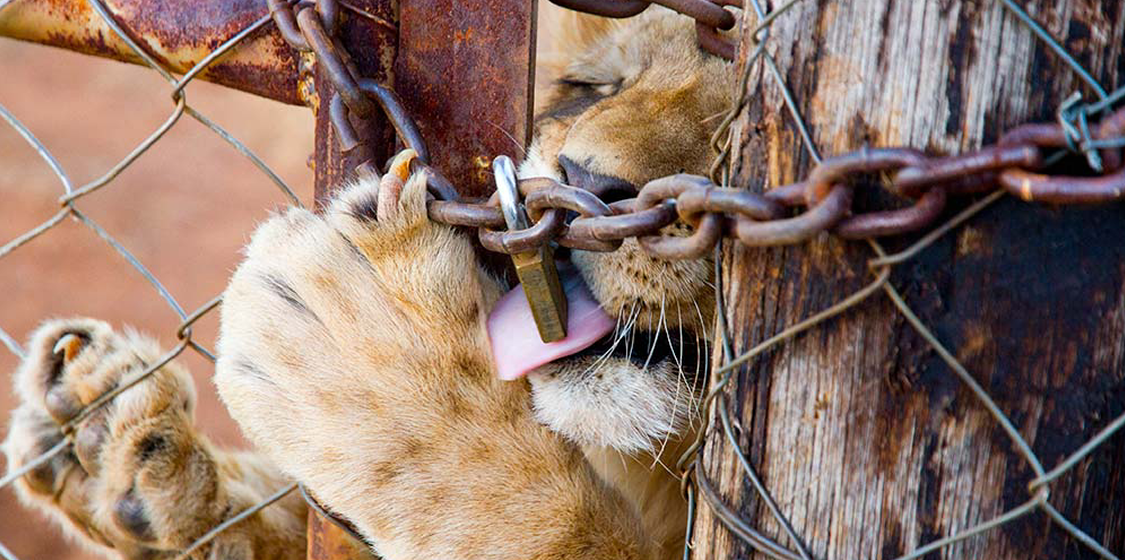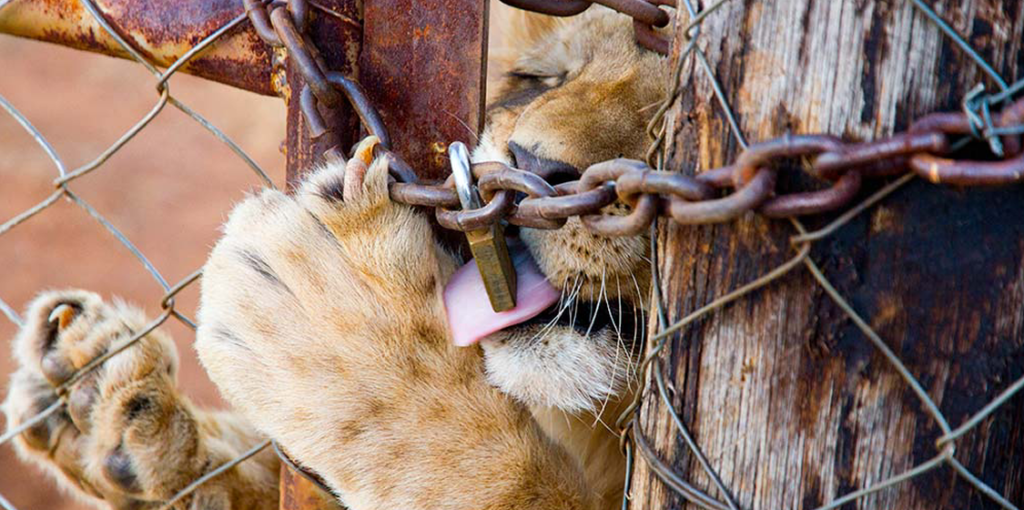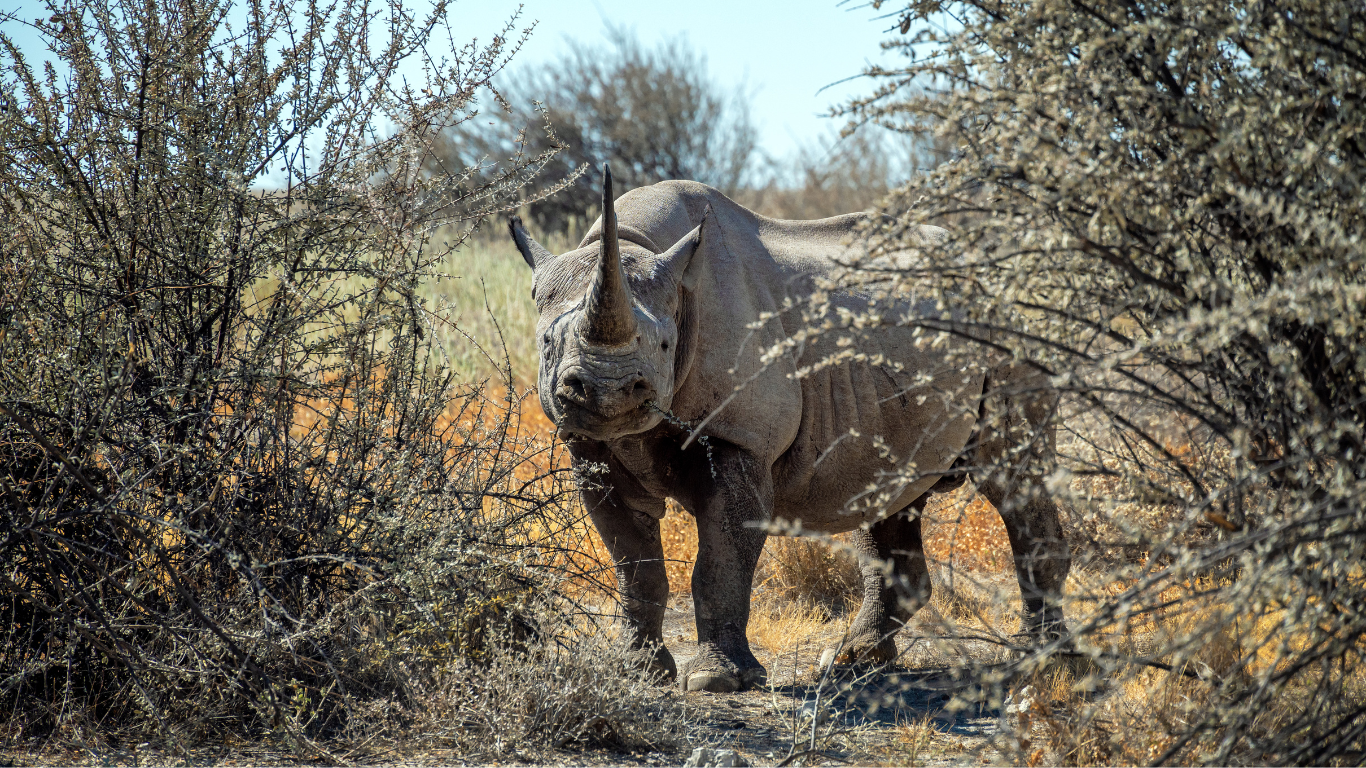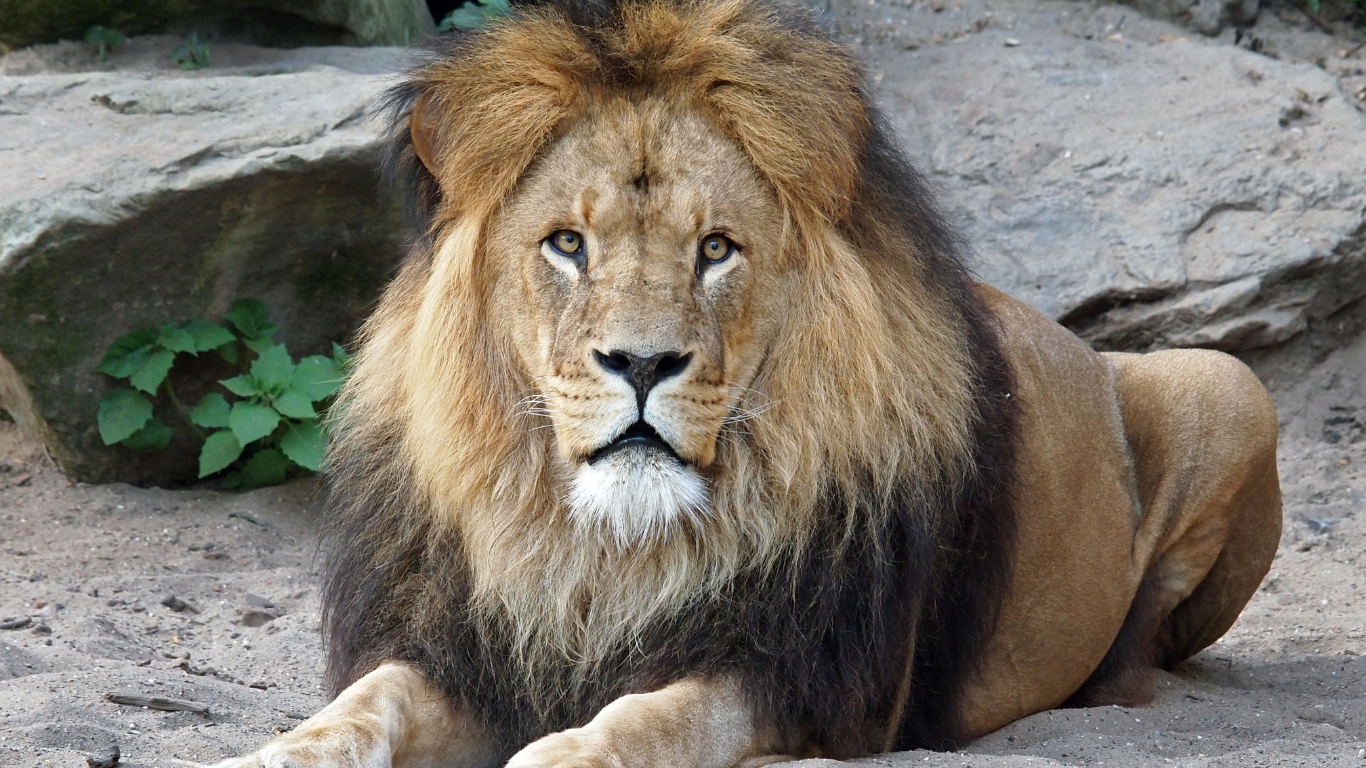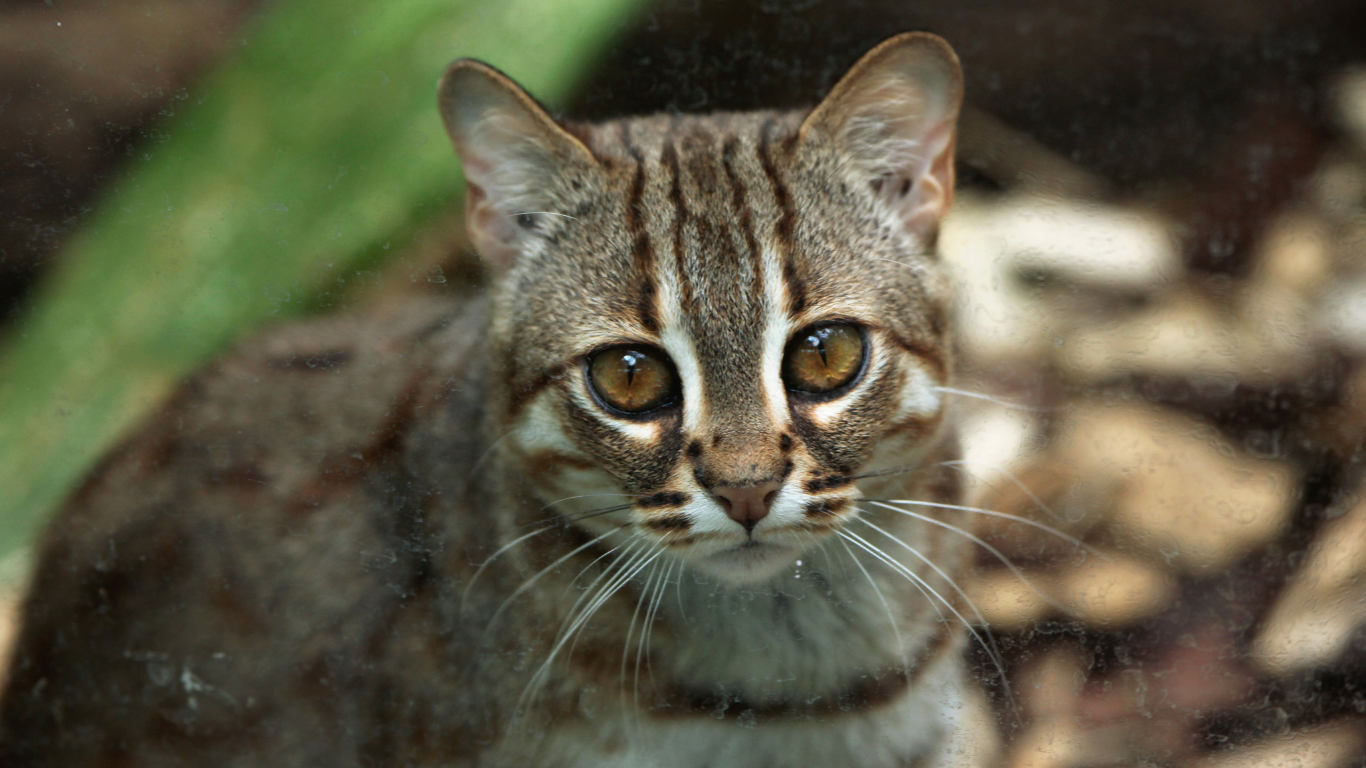South African parliamentarians have called for an end to captive lion breeding in the country following a two-day “Colloquium on Captive Lion Breeding for Hunting in South Africa: Harming or promoting the Conservation Image of the Country”.
But the Animal Survival International (formerly Political Animal Lobby)’s David Barritt warns against too much optimism:
“Sadly, recent environment ministers have ignored the cruelty involved and the damage done to South Africa’s international image caused by canned lion hunting. Continued and sustained pressure on the government is the only way to ensure that the parliamentarians’ wishes are respected,” he said.
In a report that summarises the proceedings and outcome of the Colloquium, the Parliamentary Portfolio Committee on Environmental Affairs and Tourism noted that the captive lion breeding industry is doing serious damage to “Brand South Africa” and causing South Africa’s conservation success to be questioned and smeared.
They resolved that: “The Department of Environmental Affairs should as a matter of urgency initiate a policy and legislative review of captive breeding of lions for hunting and lion bone trade with a view to putting an end to this practice and that the Minister of Environmental Affairs should submit quarterly reports to the Portfolio Committee on the progress of this policy and legislative review.”
The Portfolio Committee’s recommendations have been applauded by animal welfare activists in South Africa who have been appalled by the cruelty of “canned lion hunting” and the rearing of lions to supply a growing market for traditional medicine in China.
Canned lion hunting is the practice of keeping a lion in a confined area, thereby guaranteeing that a trophy hunter will be able to make a kill and a take-home large, good-looking trophy. Lion bones are an ingredient in “tiger bone wine”, a traditional Chinese medicine that is used for the treatment of bone or joint-related ailments such as arthritis. Lion bones are used as a substitute for tiger bones in the making of tiger bone wine, often without the knowledge of consumers.
Even though the practice of breeding lions to kill them is legal in South Africa, it has become increasingly controversial and the subject of international criticism. The Colloquium revealed a lack of regulations, enforcement and governance around the lion breeding industry.

